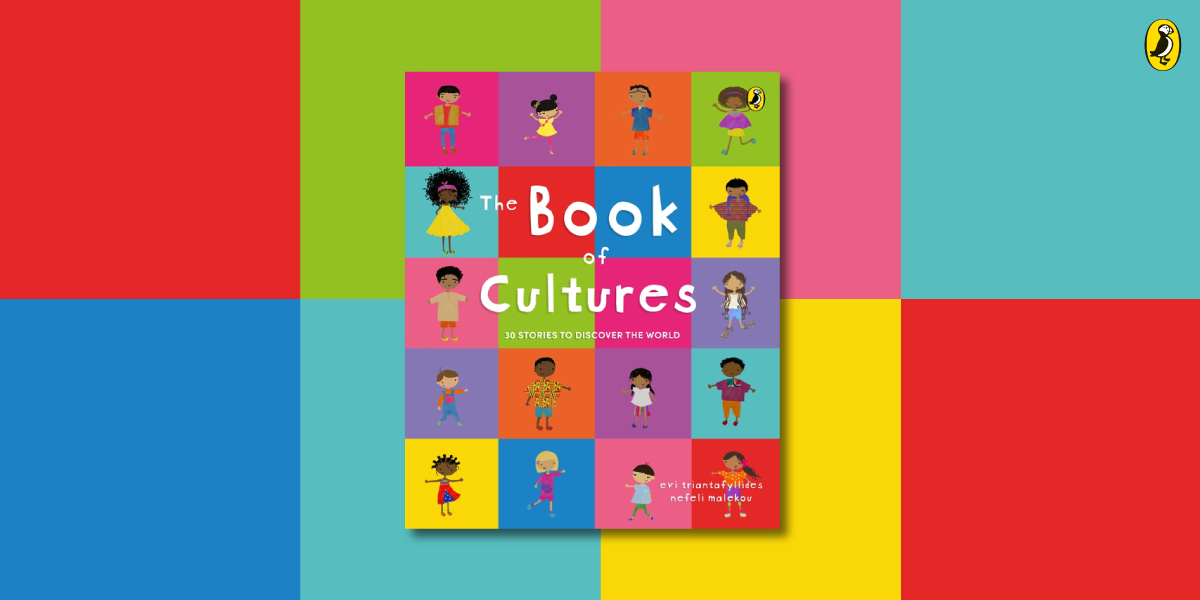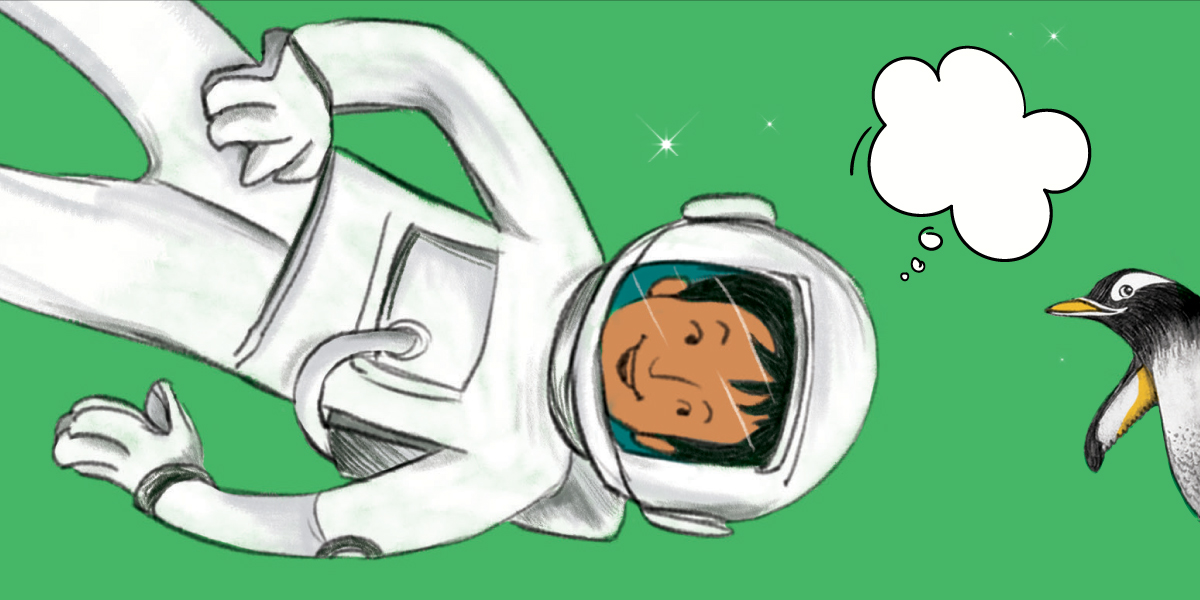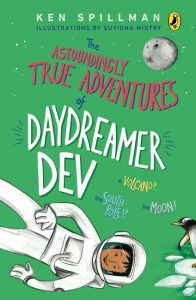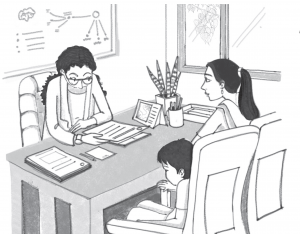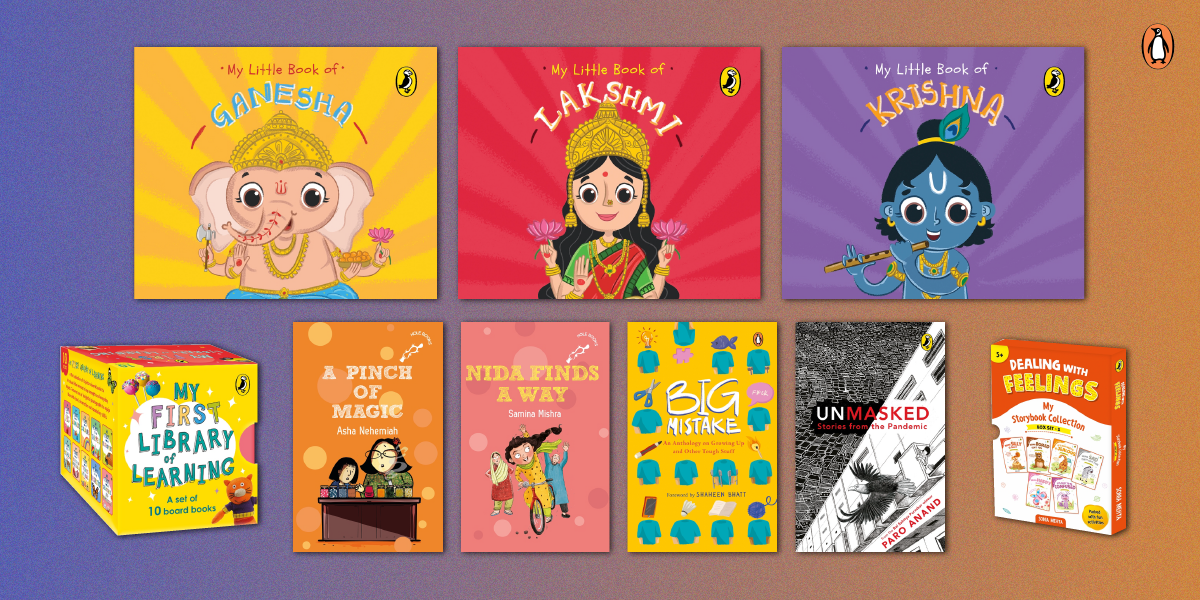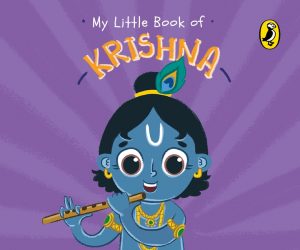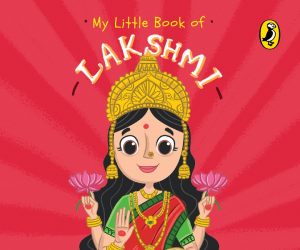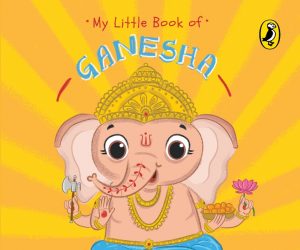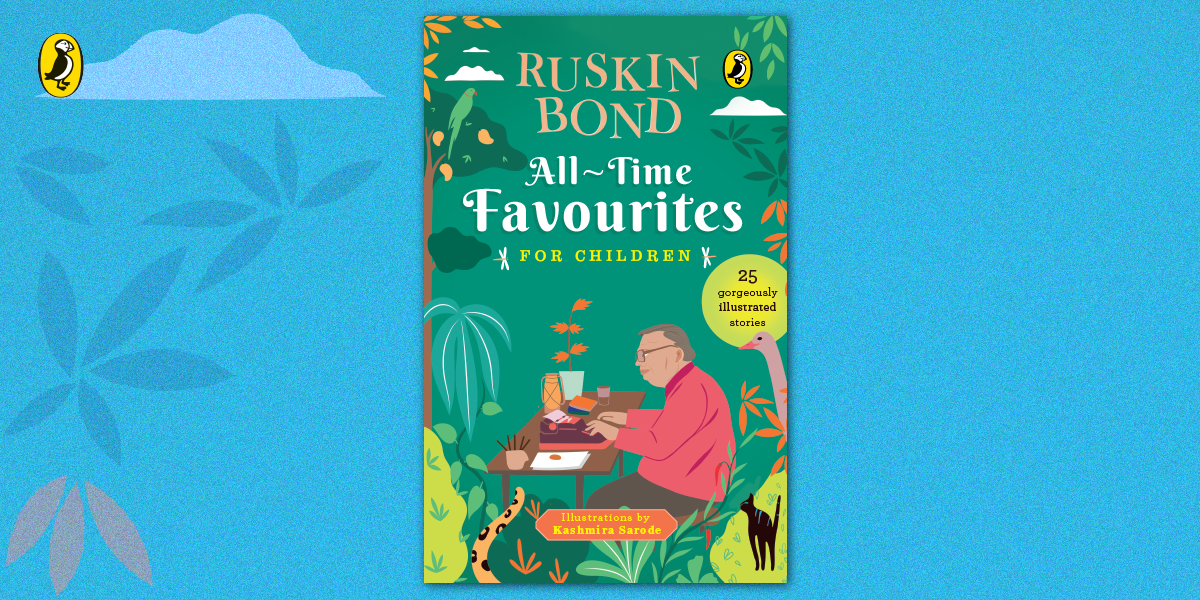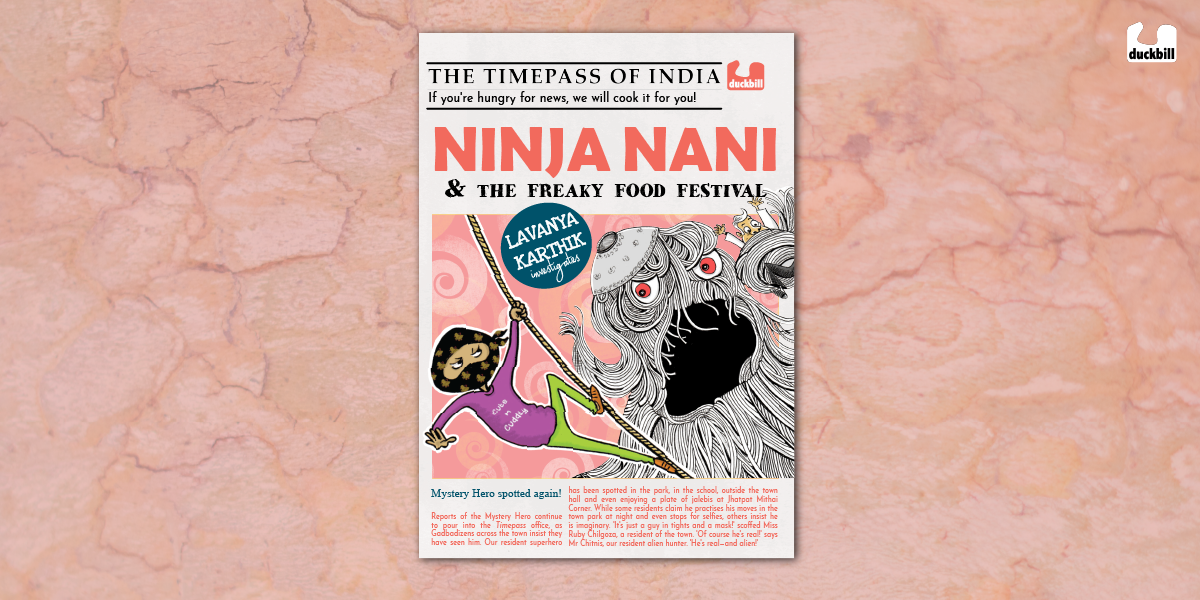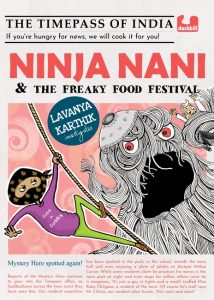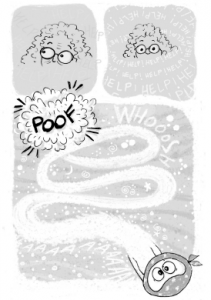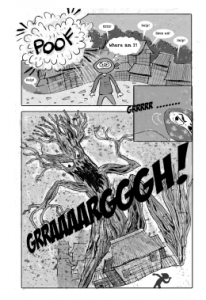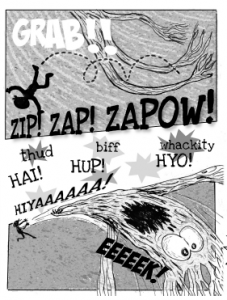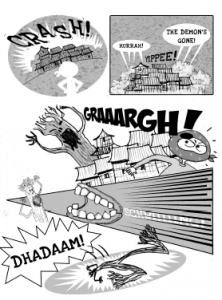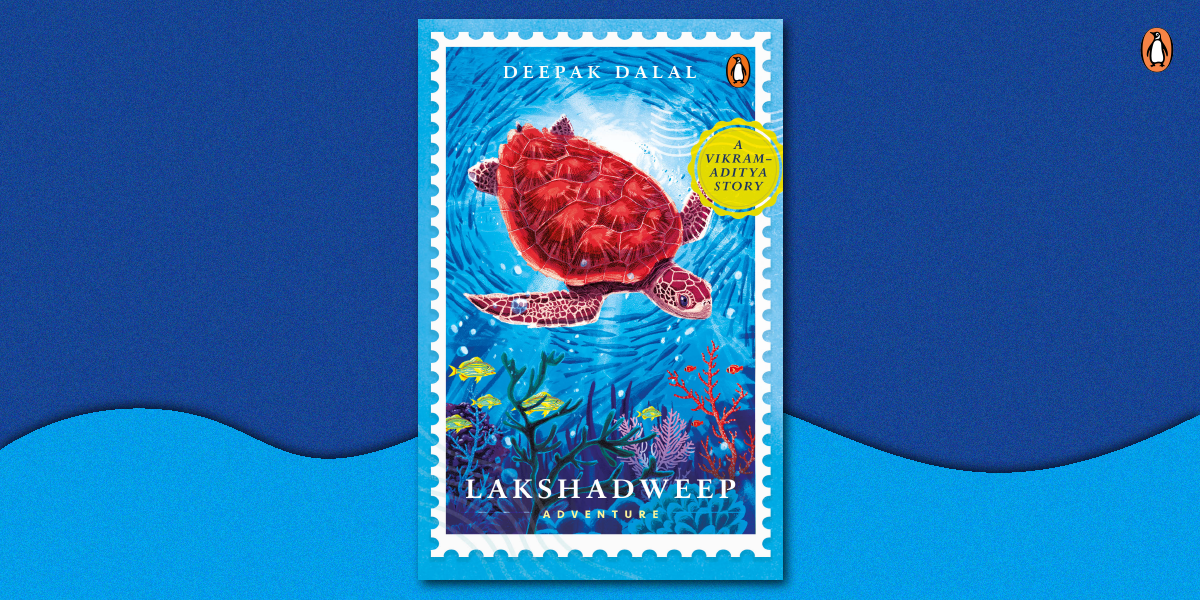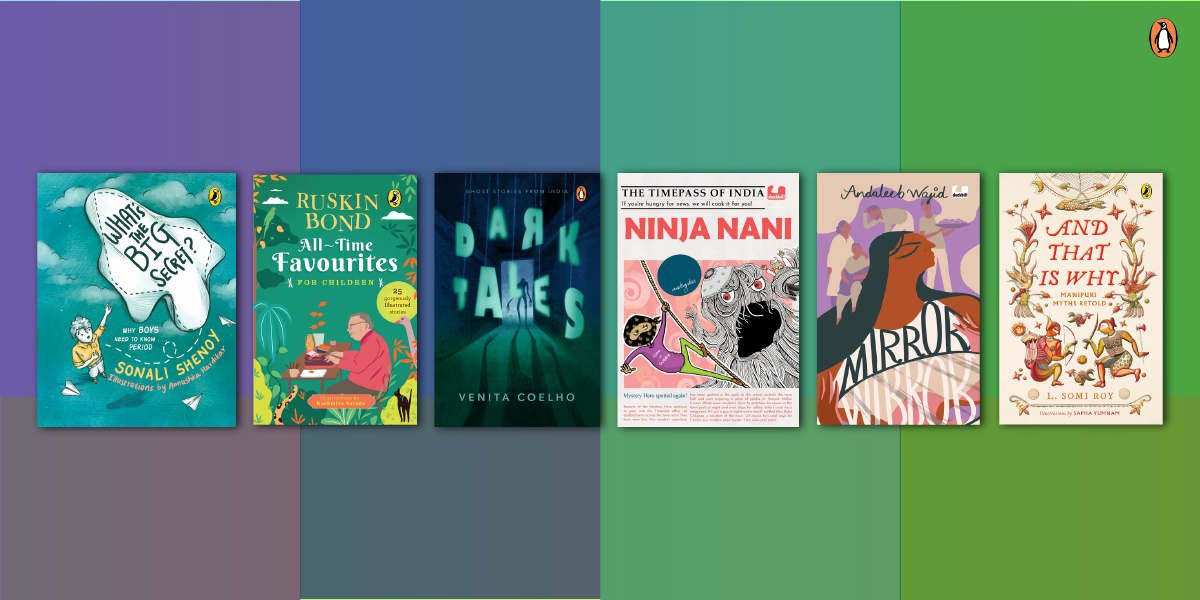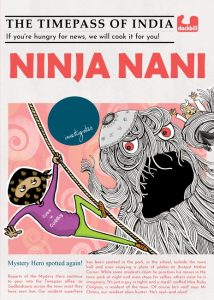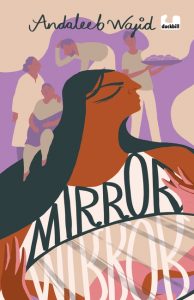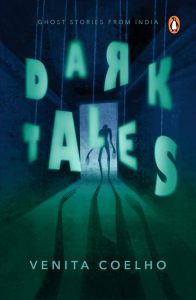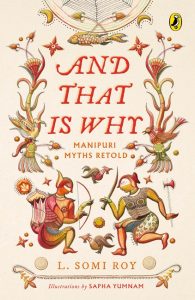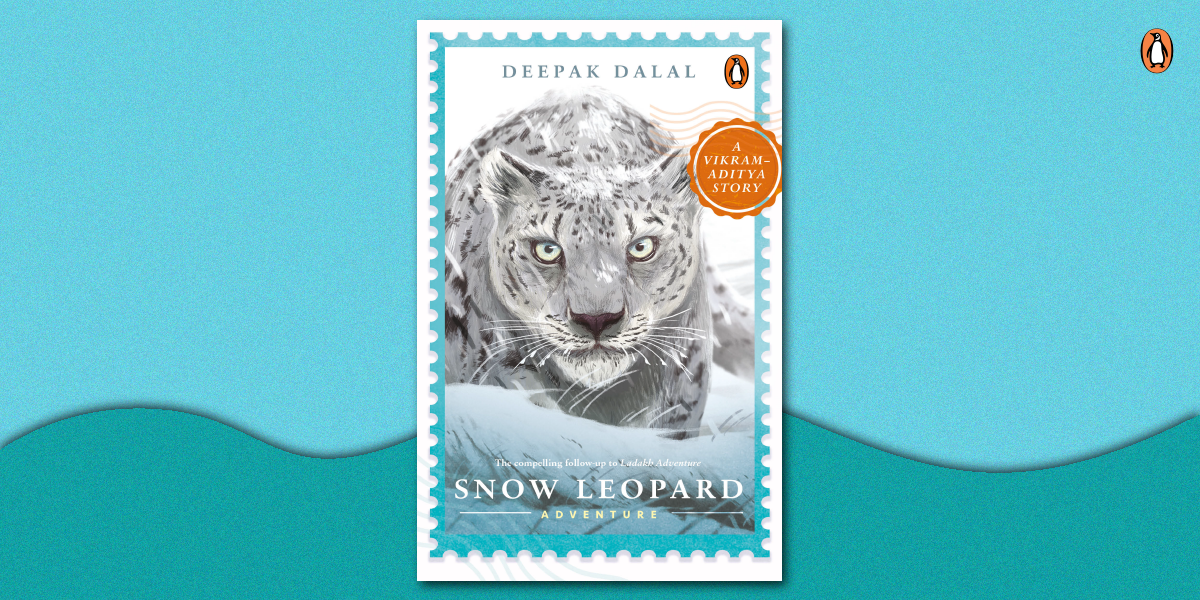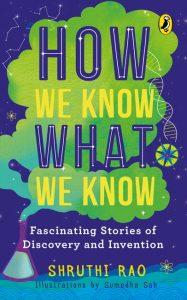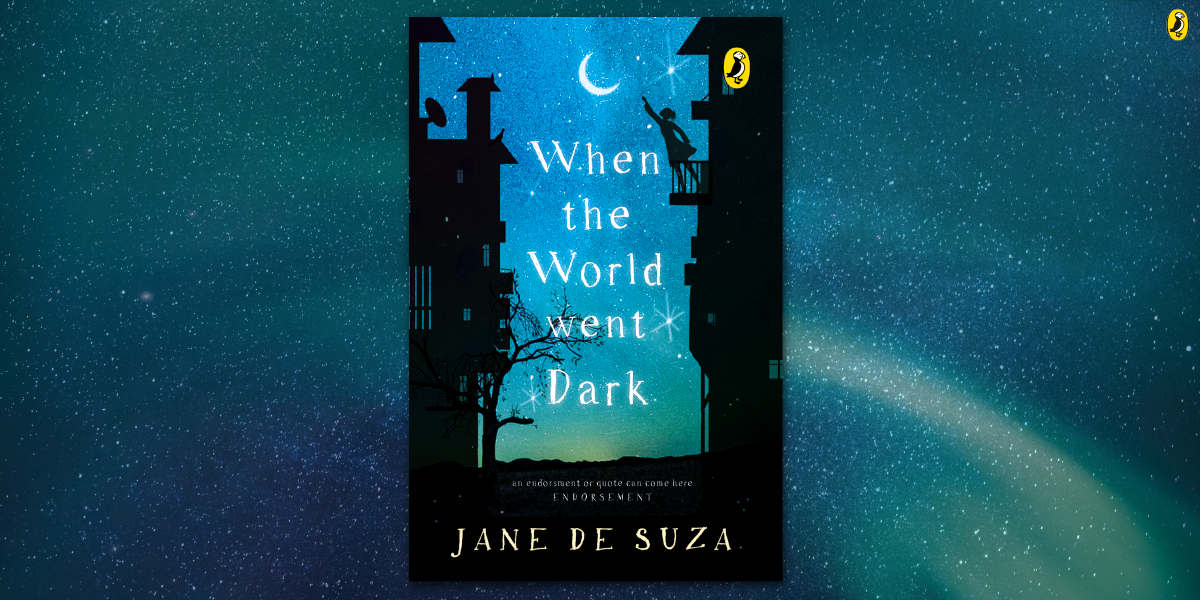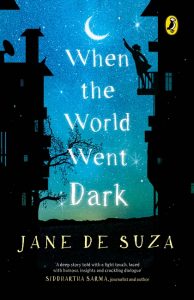It’s time to make new friends from different parts of our planet and go on adventures near and far with 30 stories bursting with intrigue, curiosity and wonder! Sift through the beautifully illustrated pages of The Book of Cultures and become a globetrotter as you travel from Japan to Peru and South Africa to Denmark, and learn about diverse cultures, customs, traditions and more.
Here’s an excerpt from this book about the Maldives Island in which Akilah, along with her sea creature friends, try to save the island.
*

Akilah loved water. So much, that everyone called her a sea creature. She had an entire life under water. She went for long swims with her best friends, Stingray, Parrotfish, Turtle and Barracuda. In the sandcastles she built, she hid treasures she collected on their adventures. Sometimes, she even prayed under the sea.
When she found out that her island was slowly sinking, she wasn’t that worried. “Breaking news: Global warming means that icebergs are melting and sea levels are rising. The Maldives Islands, only a few feet above the sea, are in danger of disappearing under water forever,” the news anchor warned. There’s so much splendor under water, life there would be a delight, Akilah thought. But only she felt this way. “Some islands have already gone under water!” her parents confirmed. Even the neighbor, Ms. Sing Song, whose laughter penetrated through their walls, had become awfully quiet lately.
Akilah came up with a spectacular idea. Stingray, Parrotfish, Turtle and Barracuda joined to help, too. Soon, Akilah and the fish had built a wonderful underwater island. “Everyone can move here. We can call it the Island of Hope,” she said. She even made two houses next to each other, so that they could hear Ms. Sing Song laugh again.
But the more time she spent at the Island of Hope, the more she realized it simply wasn’t home. When she tried to sketch, the paper melted, and her crayons lost their color. And eating was particularly hard—water made the food all soggy. “Yuck!”
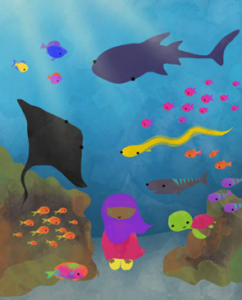
“I don’t want to leave my house,” she admitted. “We need a new idea. And this time, we need all the fish force we can get.” Stingray, Parrotfish, Turtle and Barracuda called their friends from across the Indian ocean. Within hours, so many fish squeezed and squished next to each other, you could barely see the ocean’s blue. If only these many people could help, she thought. Wait a minute, I know. “I have a message. It needs to be delivered to all corners of the planet. Please pass it along,” she asked the fish. I really love my home. I don’t want to lose it. But rising seas might make it sink under water. If every single one of you made even the smallest changes, then my house, the Maldives and the environment could be saved! What do you say? Will you help?
That night, the fish swam and swam. They passed on her message to thousands of other fish, who passed it onto millions of other fish, hoping that soon, it would reach buddies all across the world, just like you.
**
Now here’s a glimpse of Ella’s birthday in Denmark.
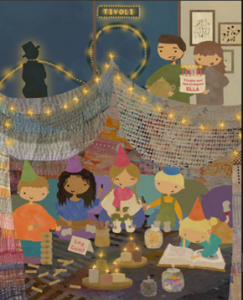
Before you go, peep into Suhail’s and Neha’s surroundings in India.
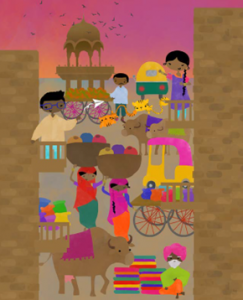
***







